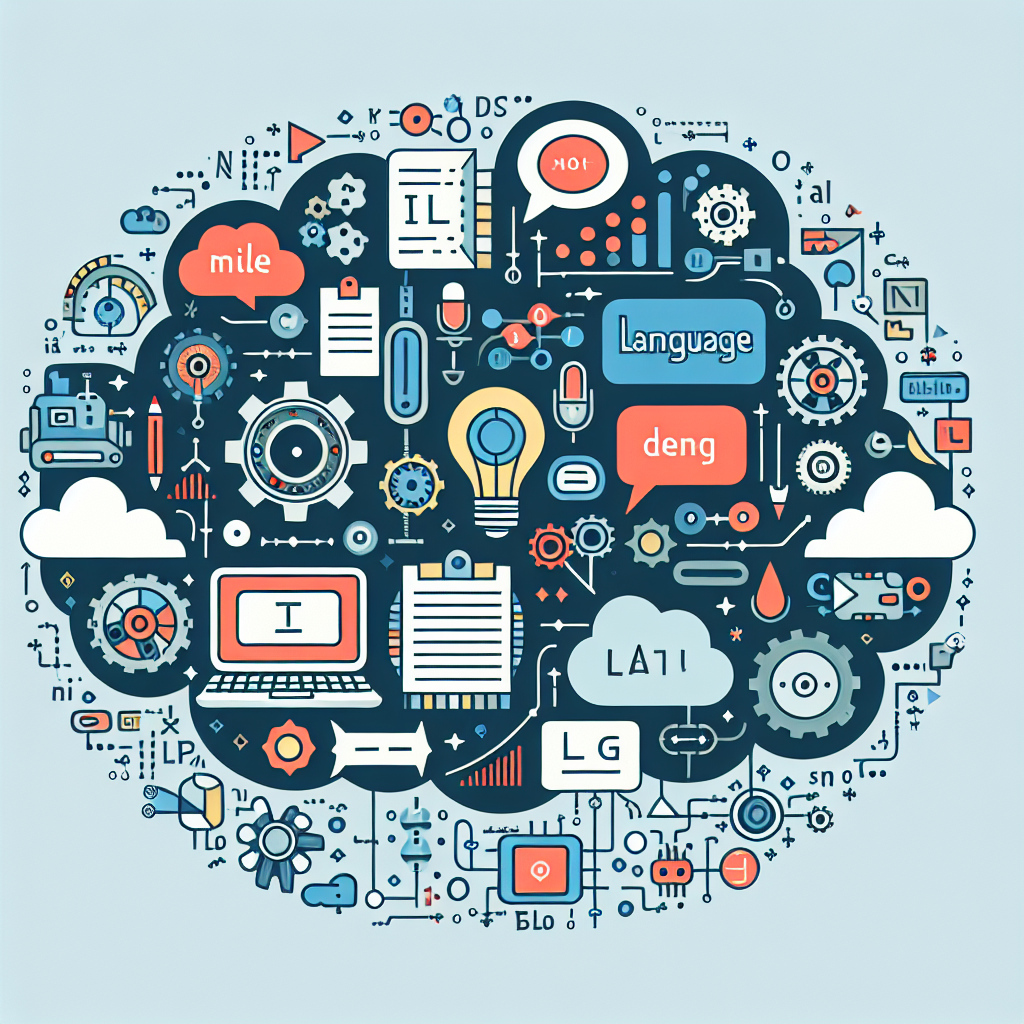Natural Language Processing (NLP) is a branch of artificial intelligence that focuses on the interaction between computers and humans using natural language. One of the key applications of NLP is text generation, which involves creating written content in a natural language such as English or French. Over the years, NLP has made significant advancements in this area, leading to improvements in automated content creation and overall communication between humans and machines.
The Impact of NLP on Text Generation:
1. Improved Content Creation: NLP has revolutionized the way content is generated online. With the help of NLP algorithms, machines can now generate human-like text that is coherent and contextually relevant. This has greatly benefitted industries such as marketing, journalism, and e-commerce, where high-quality content is crucial for engaging audiences and driving business growth.
2. Personalized Communication: NLP allows for the customization of text generation based on individual preferences and feedback. By analyzing user data and behavior, NLP algorithms can create personalized content that resonates with the target audience, leading to higher engagement and conversion rates.
3. Faster and More Efficient Writing: NLP tools such as language models and text generators have significantly sped up the writing process. Writers and content creators can now use these tools to generate draft content quickly, saving time and effort in the editing and revision stages.
4. Multilingual Support: NLP has enabled text generation in multiple languages, making it easier for businesses to communicate with a global audience. Machine translation tools powered by NLP algorithms can accurately translate content from one language to another, ensuring that the message is effectively conveyed to a diverse set of users.
5. Sentiment Analysis: NLP algorithms can also analyze the sentiment of the text being generated, allowing businesses to tailor their messaging based on the emotional tone of their audience. By understanding the sentiment behind the text, companies can create content that elicits the desired emotional response from their customers.
6. Chatbots and Virtual Assistants: NLP has played a crucial role in the development of chatbots and virtual assistants that can interact with users in natural language. These AI-powered tools use NLP algorithms to understand and respond to user queries, providing real-time assistance and support in a conversational manner.
7. Enhanced Search Engine Optimization (SEO): NLP has improved the way search engines understand and index content. By generating high-quality, relevant text, businesses can improve their search engine rankings and attract more organic traffic to their websites.
Frequently Asked Questions (FAQs) about NLP and Text Generation:
Q: How does NLP work in text generation?
A: NLP algorithms analyze and process natural language text to understand the context, semantics, and syntax of the content. By using machine learning techniques, NLP models can generate text that is coherent and contextually relevant.
Q: What are some popular NLP tools for text generation?
A: Some popular NLP tools for text generation include OpenAI’s GPT-3, Google’s BERT, and Facebook’s RoBERTa. These tools use large language models trained on vast amounts of text data to generate human-like content.
Q: Can NLP generate text in multiple languages?
A: Yes, NLP algorithms can generate text in multiple languages by leveraging machine translation techniques. By training models on multilingual datasets, NLP tools can accurately translate content from one language to another.
Q: How can businesses benefit from using NLP for text generation?
A: Businesses can benefit from using NLP for text generation in several ways, including improved content creation, personalized communication, faster writing, multilingual support, sentiment analysis, chatbots, virtual assistants, and enhanced SEO.
Q: Is NLP capable of understanding and generating complex text?
A: Yes, NLP algorithms are capable of understanding and generating complex text by analyzing the context, semantics, and syntax of the content. With the advancements in deep learning and natural language understanding, NLP models can generate human-like text in a variety of domains.
In conclusion, the impact of Natural Language Processing on text generation has been profound, leading to significant advancements in automated content creation, personalized communication, faster writing, multilingual support, sentiment analysis, chatbots, virtual assistants, and enhanced SEO. As NLP technology continues to evolve, we can expect further improvements in text generation capabilities, enabling businesses to create high-quality, engaging content that resonates with their target audience.

